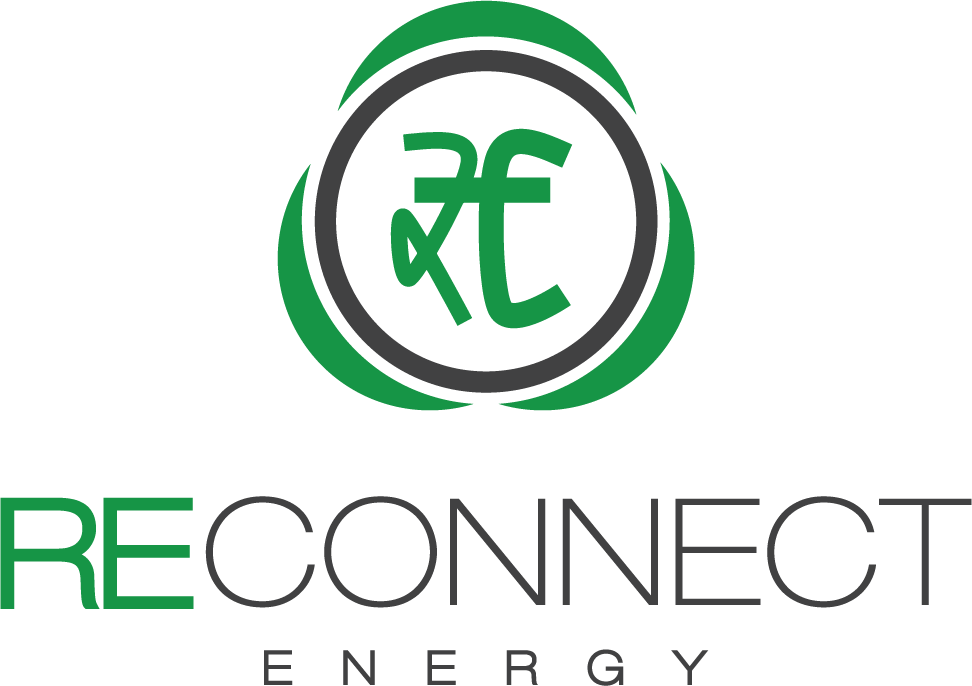ANALYSIS OF GERC DRAFT REGULATION ON FORECASTING, SCHEDULING, DEVIATION SETTLEMENT OF WIND AND SOLAR GENERATING STATIONS
Gujarat Electricity Regulatory Commission (GERC) has published draft regulations for forecasting and scheduling for wind and solar projects. Important aspects of the regulation are discussed below.
Earlier Odisha, Madhya Pradesh, Karnataka, Tamil Nadu, Rajasthan, Jharkhand, Andhra Pradesh and Chhattisgarh had come out with their draft DSM Regulation on Forecasting & Scheduling of Wind & Solar. So far, Karnataka is the only state that has published final regulations.
The last date for giving comments and suggestions is 16th February 2017.
Executive Summary:
- Forecasting and scheduling will be mandatory for all the wind and solar generators connected to the State grid, including those connected via pooling stations.
- Error will be calculated on the basis of Available Capacity (AvC), with permissible deviation of ±12% for old wind projects and ±8% for new wind projects (ie, projects commissioned after Jan 2010). Permissible deviation for solar project will be ±7%.
- Aggregation of more than one pooling station is allowed.
- Penalty rates are different than those in the model FOR regulations. For wind, the initial penalty is Rs 0.35/unit, increasing to Rs 0.70 and Rs 1.05 per unit in higher penalty bands. For solar, the initial penalty is Rs 0.60/unit, increasing to Rs 1.2 and Rs 1.8 per unit in higher penalty bands.
- 16 and 8 intraday revisions will be allowed for wind and solar energy respectively (one revision every 1.5 hours). Revisions will be effective starting from 4th time block onwards.
- Settlement will be done through the “Qualified Coordinating Agency” or QCA. QCA will be treated as a state entity, registered with SLDC.
- SCADA & Telemetry data is to be mandatorily provided to SLDC by the generators. SLDC shall formulate Data/information exchange requirements and protocols for the same.
Detailed Analysis:
GERC has recently come up with draft regulation for forecasting and scheduling and deviation settlement mechanism. The primary objective is twofold: a) facilitate large-scale grid integration of solar and wind generating stations b) maintaining grid stability and security. Highlights of the draft regulation are below:
Applicability:
All Wind & Solar Pooling sub-stations, irrespective of their capacity, commissioning date and connectivity voltage level, have to provide a day-ahead and a three day ahead schedule, and intra-day revisions to a maximum of 16/day for wind and 8/day for solar energy.
Aggregation of more than one pooling station by the QCA will be allowed.
Error calculation and penalty bands:
- Payment for generation shall be as per actual generation (this is different from the inter-state regulation, where payment is on the basis of scheduled generation).
- Error is calculated based on Available Capacity (this is same as in the case of draft regulations of TN, MP, Odisha, Rajasthan and Jharkhand).
- The deviation slab has been kept as (+/-) 12% for old projects and (+/-) 8% for new projects. The reference date for old and new projects is 30.01.2010.
- Unlike all other DSM regulations, the absolute error for wind energy generators will be reduced by 1% every year from start of fourth year till subsequent 5 years.
- At the end of 5th year the absolute error shall become <=7% for old projects and <=3% for new projects in case of wind projects.
- Similarly in case of solar projects the absolute error shall be reduced by 1% every year from start of the fourth year till subsequent 5 years, reaching the minimum of <=2%.
- Penalty is calculated at fixed amounts per unit (whereas, for Inter-state it is calculated as a percentage to PPA rate).
- A tripartite agreement will be formed amongst the Generator, QCA and SLDC, in case the generator fails to pay the deviation charges within specified timeline.
- Energy accounts shall be prepared by SLDC on 10 day basis.
- De-pooling shall be done in proportion to available capacity, energy generated in each time block, absolute error of individual generator or any other methodology between QCA & Generators.
Detailed Mechanism defined for Deviation Settlement

In case of Intra-State transmission, Penalty Mechanism for wind generating station or pooling station commissioned after to 30.01.2010

In case of Intra-State transmission, penalty mechanism for solar generating station or pooling station

A brief comparison of the draft regulation of the 6 states and the Model Regulation is given in the table below:

QCA:
The qualified coordinating agency (QCA) will be required to meet certain eligibility criterion. Briefly, these are:
- Providing F&S services for more than 2 years
- Having a net-worth of more than Rs 2.5 crore
- Have experience of working in different “terrains and regions”
- QCA should have a well qualified team in-house, including skills of data science, statistics and software development
- QCA should be using software of a “at least CMMI Level 3 certified” company


